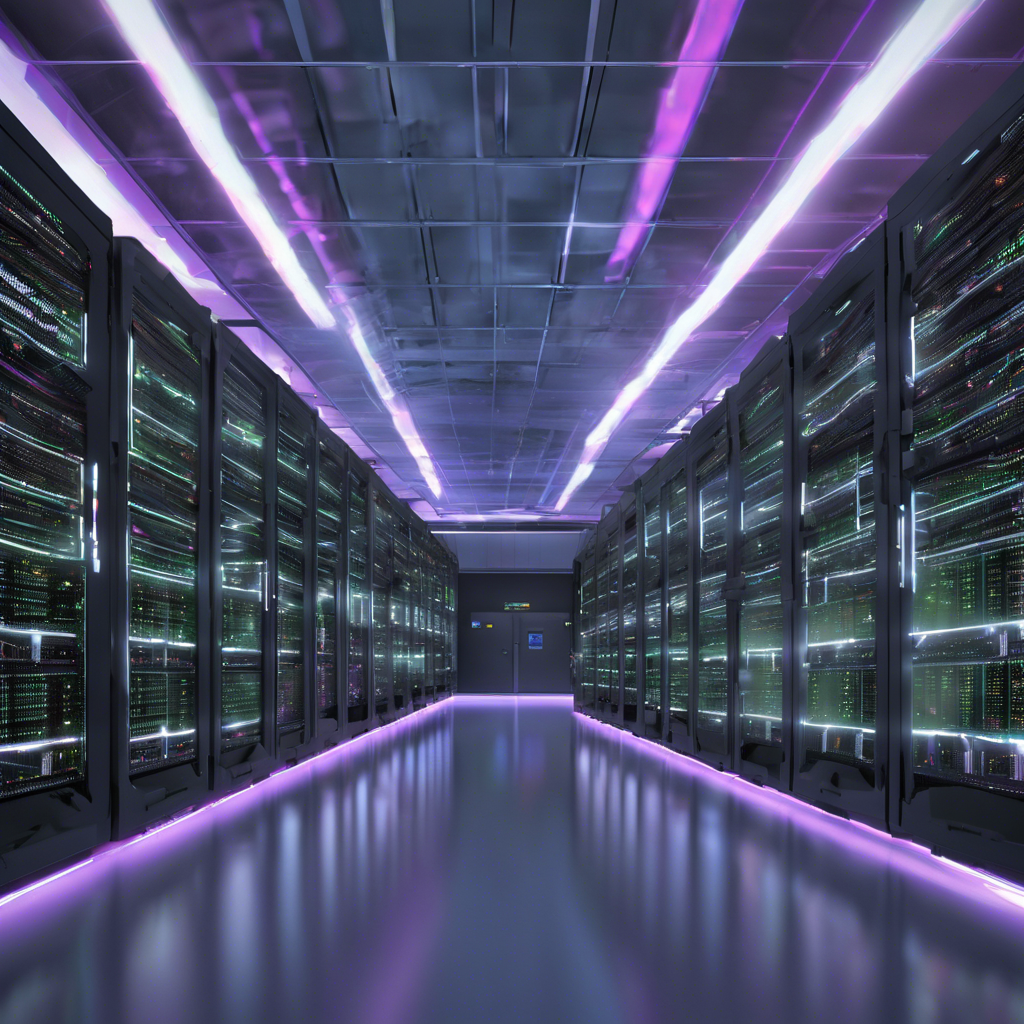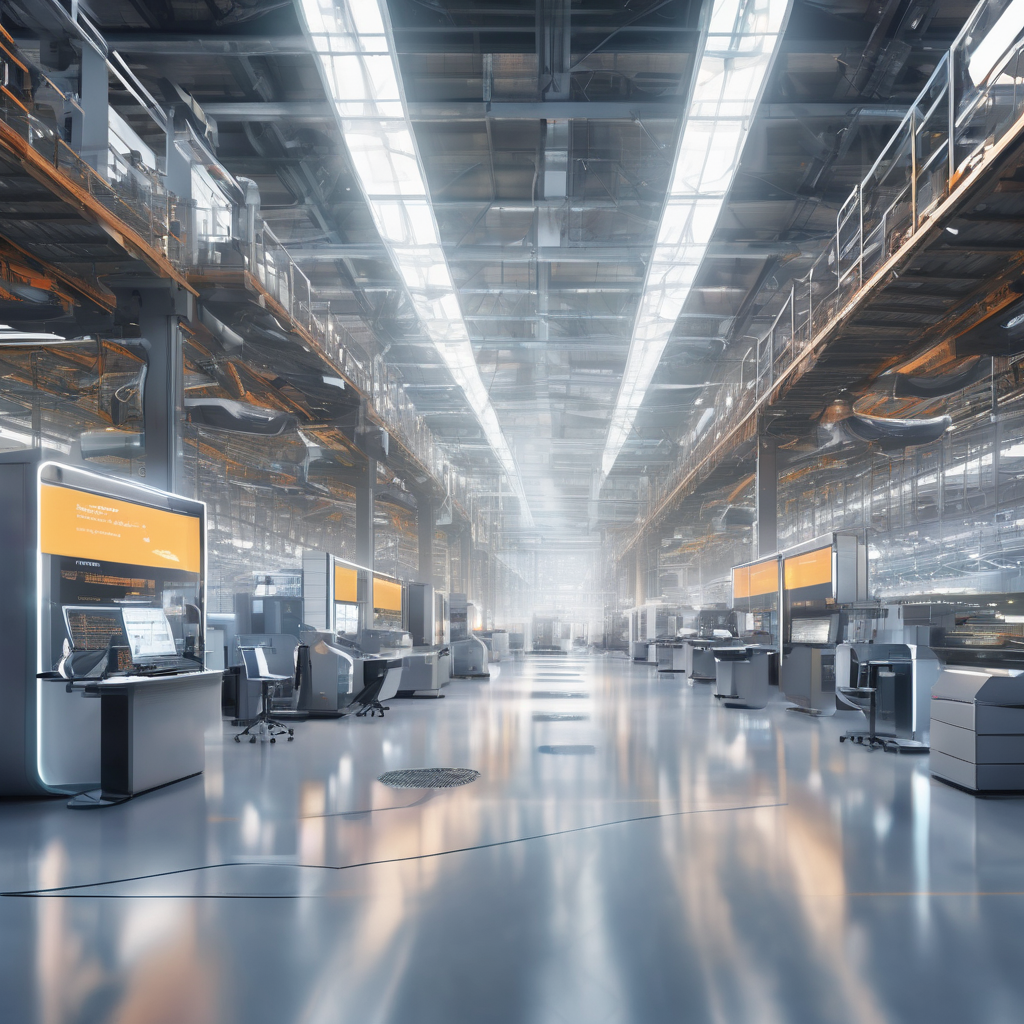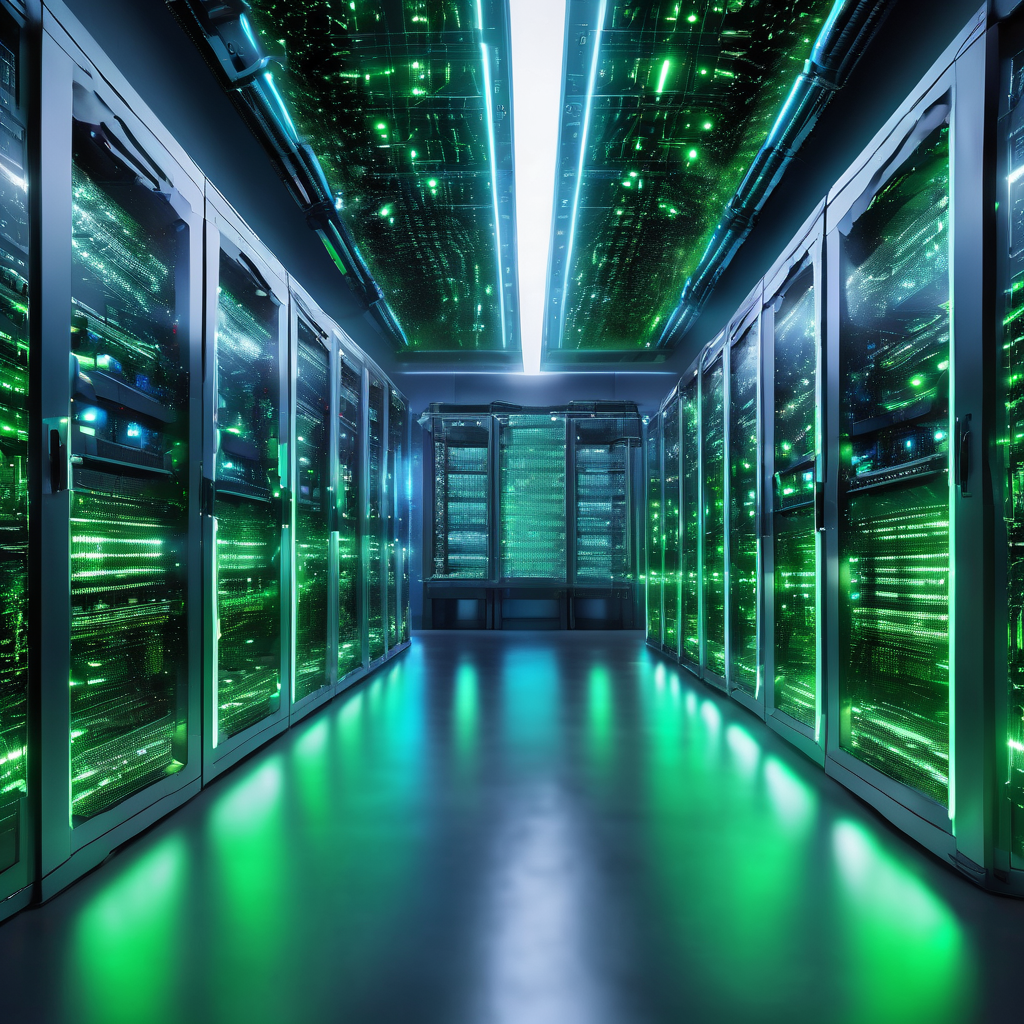
In our interconnected world, data centers are the backbone of the digital economy. Major tech companies, including Microsoft, and investment firms like BlackRock, are investing billions in data center construction to support the next wave of technological innovation, particularly as artificial intelligence (AI) advances rapidly. A notable development is the announcement of a hydrogen-powered, off-grid data center near Houston, designed specifically for AI, highlighting the enormous stakes involved in this industry. The U. S. government is also prioritizing AI data center development as crucial for national security and economic interests. A recent meeting involving top executives from major data center and tech companies aimed to maintain the U. S. 's competitive edge in AI infrastructure. However, substantial investments bring risks, especially as tech investors evaluate the timing for returns on these ventures. It's essential to understand that data centers cannot easily be repurposed, necessitating careful planning and significant capital. For example, building a 100 MW facility can cost around $1. 4 billion, prompting giants like Microsoft and BlackRock to collaborate on these expansive projects. Data centers handle vast amounts of data and require design considerations tailored to specific applications. For instance, cryptocurrency mining focuses on cost-effective energy, while AI demands high computation power and low latency. Data centers are integral to various critical functions, including: - Hosting cloud applications for businesses - Big data processing and AI support - E-commerce and online gaming - Data management and stock trading - Medical imaging and autonomous vehicle technologies Building and managing a data center is complex, involving physical servers, networking gear, and energy-efficient systems. Each type of data center serves distinct needs: 1.
**Enterprise Data Centers**: Operated by organizations for internal use. 2. **Colocation Centers**: Multi-tenant spaces for renting equipment and bandwidth. 3. **Cloud Data Centers**: Managed by providers like AWS and Google, offering scalable services. 4. **Edge Data Centers**: Located near users for minimal latency. 5. **Crypto Mining Data Centers**: Focused on inexpensive power for cryptocurrency operations. 6. **Telecom Data Centers**: Support telecommunications functions. 7. **AI Data Centers**: Tailored for AI workload demands with rigorous power requirements. Data centers also follow a tier system based on uptime and reliability, ranging from Tier 1 (minimal redundancy) to Tier 4 (fully fault-tolerant). As AI's role in the economy grows, the demand for effective data centers intensifies, posing risks and challenges. Organizations must align their data center strategies with business objectives, as misjudgments can lead to hefty financial losses and missed opportunities in the evolving AI landscape.
The Rising Importance of Data Centers in AI and Digital Economy


Dive Brief: Brand valuations are undergoing significant shifts as artificial intelligence (AI) and evolving market challenges reshape company financials and customer perceptions in 2025, according to Interbrand’s latest global brand rankings report

OpenAI, a leading artificial intelligence company, has announced plans to open its first office in continental Europe, selecting Paris as the location for 2024.

Video doorbells offer many benefits, one of which is their two-way audio feature that lets you communicate with visitors through an app or smart display when someone approaches your door.

Artificial intelligence (AI) is rapidly revolutionizing e-commerce by providing businesses with innovative tools to enhance operations and drive substantial growth.

Corbel, an AI-driven operating system offering an intelligent sales platform for industrial equipment manufacturers, has secured $6.7 million in seed funding aimed at revolutionizing the sale and financing of complex machinery.

CoreWeave, a leading cloud computing company specializing in AI workloads, has secured $7.5 billion through debt financing to substantially expand its AI computing infrastructure.

According to Cloudian CEO Michael Tso, the artificial intelligence (AI) market is “frothy” rather than in a bubble, emphasizing that “there’s a mountain underneath this thing
Automate Marketing, Sales, SMM & SEO

and get clients on autopilot — from social media and search engines. No ads needed
and get clients today